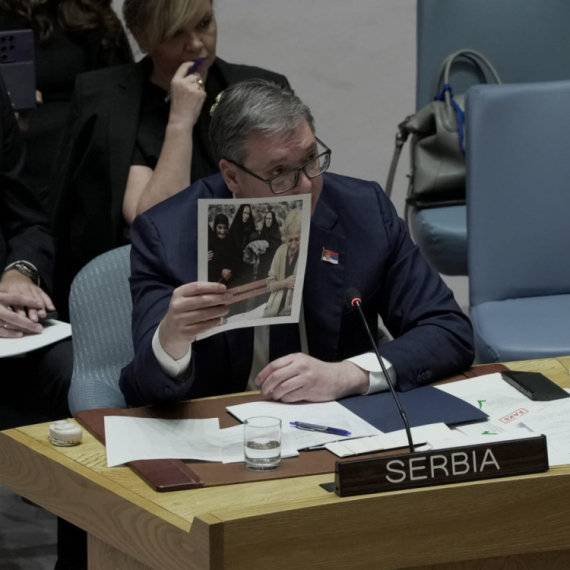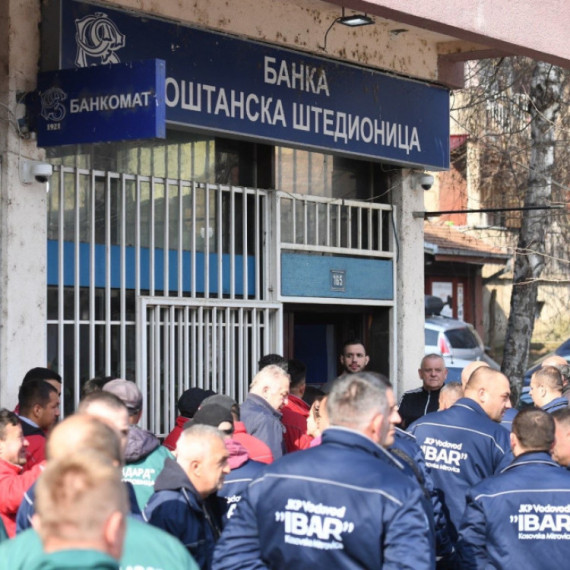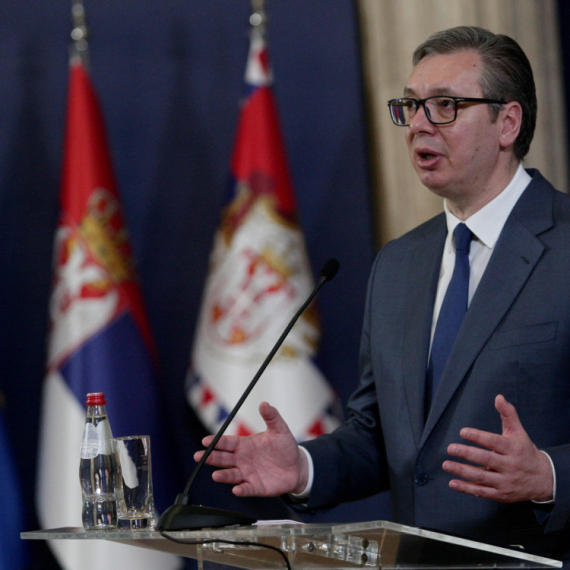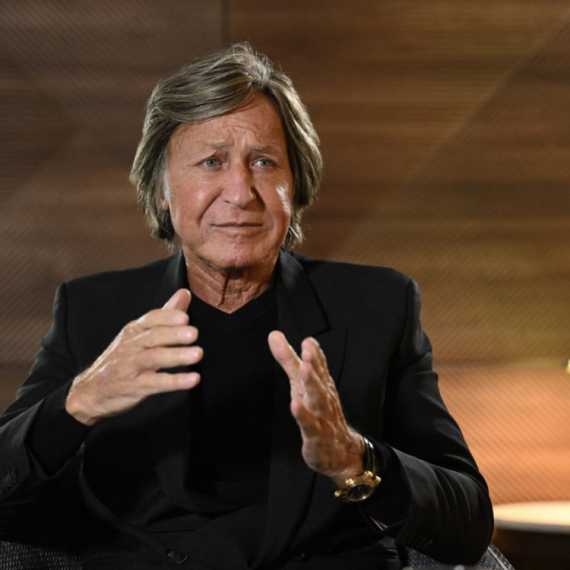EU prospect "cure for Balkans"; Serbia "against" Kosovo army
Serbia's Foreign Minister Ivica Dacic said on Tuesday that the EU prospects are a cure that helps ease tensions in the Western Balkans.
Tuesday, 31.03.2015.
16:54

EU prospect "cure for Balkans"; Serbia "against" Kosovo army
Dacic noted that countries in the region are facing the border issue, and in Serbia's case, the understanding of the issue of its southern province, Kosovo-Metohija.“We do not deny the right to self-determination, but we disprove of the way, that this be implemented through unilateral acts- without agreement with the state that someone wants to secede from,” said the Serbian foreign minister.
“As regards the mechanisms for resolving problems, the EU must be aware that its enlargement policy is irreplaceable,” Dacic said, underscoring that the cooperation in the region is only possible if it is based on shared interests.
Serbia wants peace and stability in Kosovo, but it is against creating an army of Kosovo, and that is a topic that should be discussed by the UN Security Council, Dacic said on Tuesday.
Serbia is against creating a Kosovo army because it is not in line with UN Security Council Resolution 1244, Dacic said.
Such a thing could have consequences to security in the region, he stressed.
"Serbia's Prime Minister Aleksandar Vucic, Kosovo's Prime Minister Hashim Thaci and EU High Representative Catherine Ashton were at the NATO headquarters when they signed the Brussels agreement and NATO officials gave them guarantees that no ethnic Albanian armed forces would go into northern Kosovo without KFOR's consent," he said, according to Tanjug.
"It is a complicated matter and Serbia believes it should be discussed by the UN Security Council," Dacic noted.
He also said that "the most difficult chapter on Serbia's EU path is Chapter 35 on Kosovo which also covers the implementation of the Brussels agreement on normalization of Belgrade-Pristina relations."
The problem lies in the fact that Chapter 35 has not been sufficiently defined, Dacic said.
He noted that Serbia would not be able to open other negotiating chapters unless it first tackles Chapter 35 on Kosovo and Chapters 23 and 24 on the judiciary, security and fundamental rights.
Dacic said that Serbia is ready to open talks on Chapter 32 concerning financial control, but certain countries like Germany maintain that other chapters cannot be opened unless Chapters 23, 24 and 25 are tackled first.
"Unlike other countries, Serbia has a specific negotiating path," Dacic said. He noted that the country "can be a champion of European values but without progress in the talks with Pristina, there can be no progress in the European negotiations either," adding this is "the reality that the country has to face."
"Not aspiring"
Speaking during the same gathering in Belgrade on Tuesday, Dacic said that Serbia is neutral and not aspiring toward NATO membership, but sees room to further enhance the cooperation within the Partnership for Peace program."NATO respects the singular position of Serbia compared to all other member states and partners of the Alliance," he said.
At the same time, Serbia recognizes the significance and the role of NATO in the regional security system, its role in the preservation of peace and security, particularly the security of Serbs in Kosovo-Metohija, which is guaranteed by the NATO itself, the Serbian Foreign Ministry said in a statement.
Serbia wants to be a reliable, responsible and predictable partner of NATO in working together towards the preservation of peace and stability in the region, said Dacic.
The recently adopted Individual Partnership Action Plan (IPAP) is another step forward in the promotion of cooperation in all areas of common interest.


























































Komentari 11
Pogledaj komentare